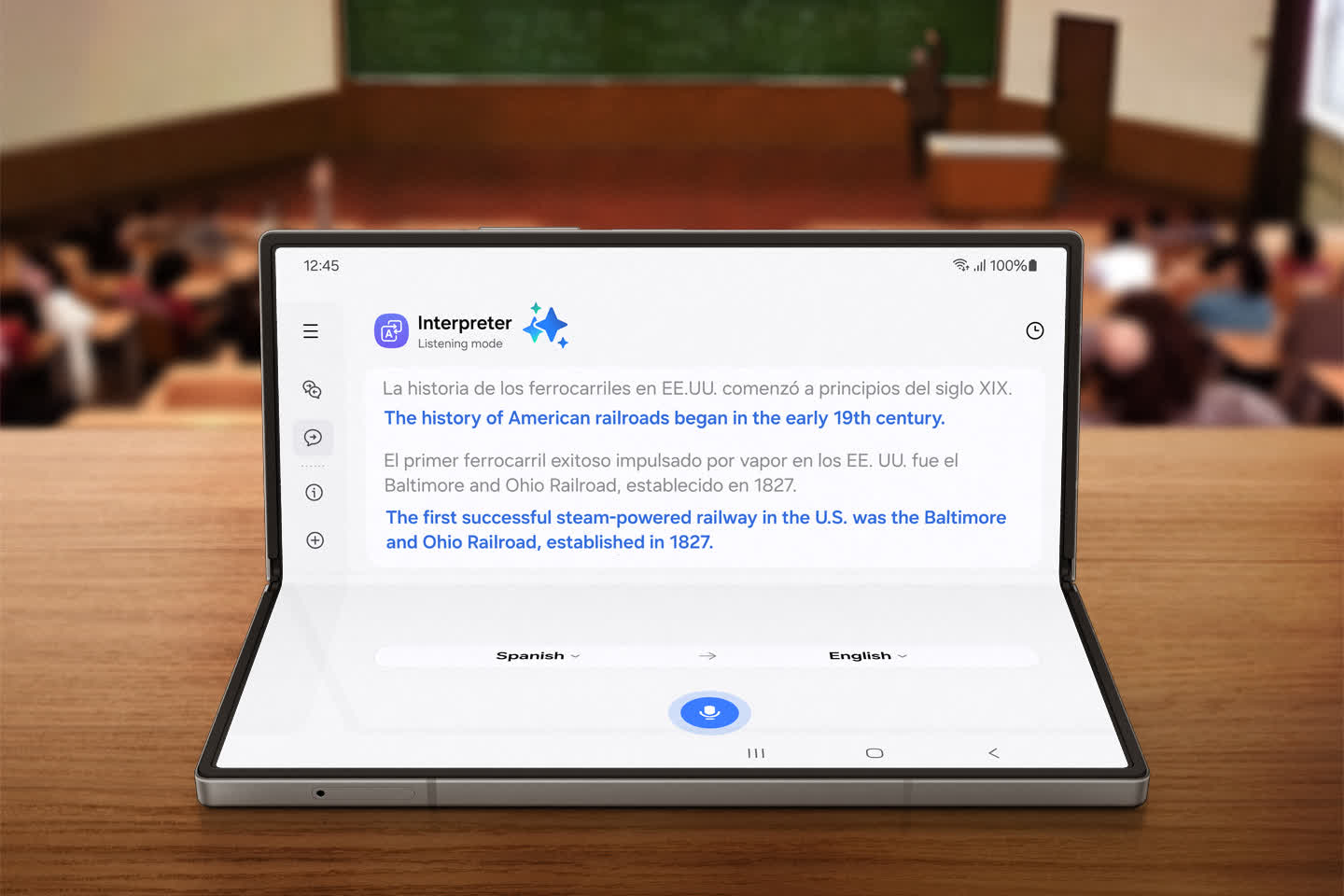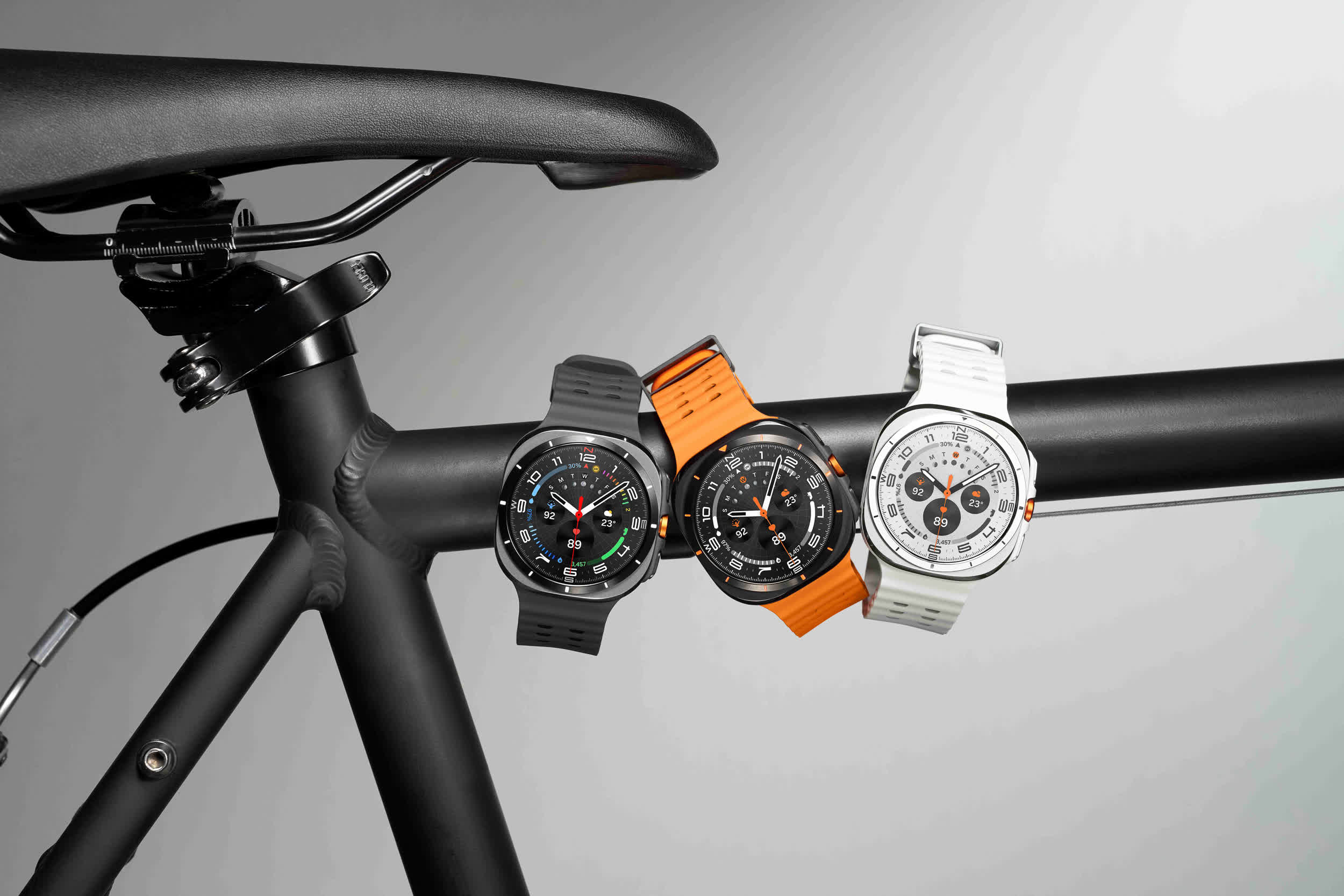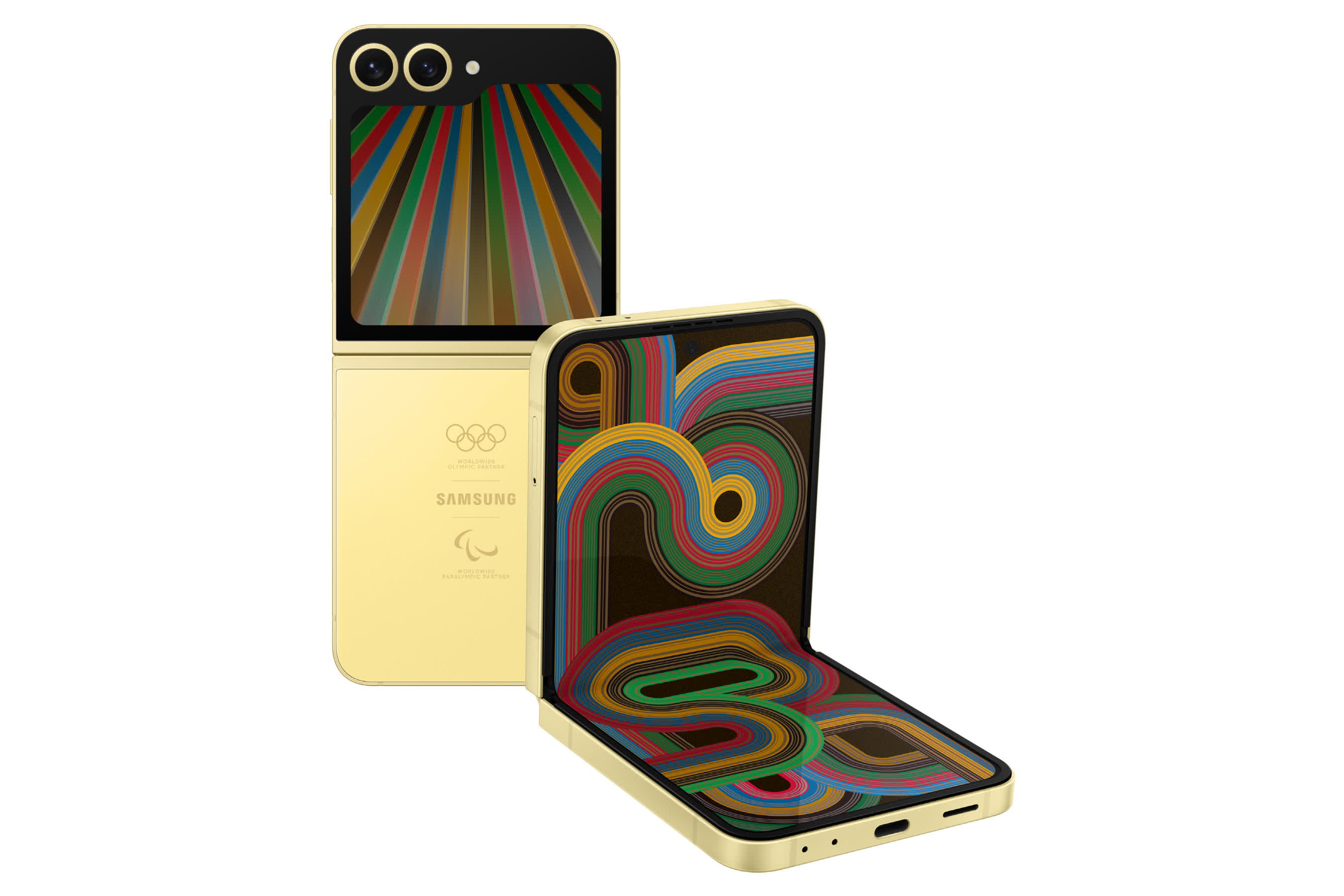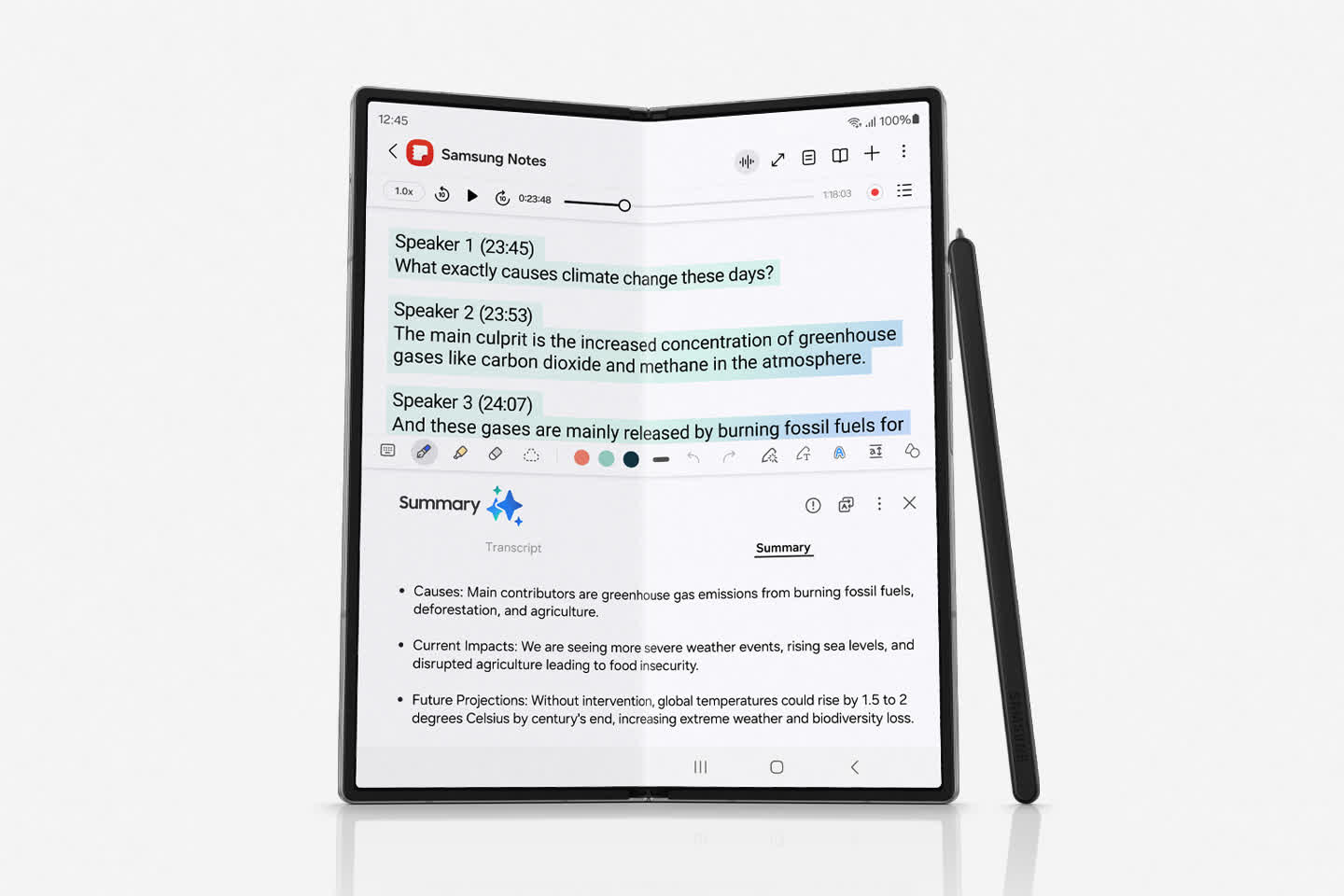TL;DR: The Galaxy Z Fold6 (priced at $1,899), Z Flip6 ($1,099), and Watch7 ($299) are the latest editions of long-running product lines, but they're coming at a time when both foldable phones and smartwatches have become more commonplace even among typical consumers. The Galaxy Watch Ultra ($649) brings a new larger and more durable screen option to the family and serves as a direct competitor to Apple's Watch Ultra line. Finally, the Galaxy Ring ($399) represents Samsung's first entry into the smart ring category, first popularized by Oura.
In case you hadn't noticed, device diversity is starting to go mainstream, and AI is coming along for the ride. Yes, there has been a wide range of different form factors that tech products have come in over the last few years, but realistically, most of the more interesting options were typically perceived as niche choices that only tech enthusiasts cared about and purchased.
Now, however, the increasing range of choices is helping turn these specialized products into mainstream selections. At its recent Galaxy Unpacked event in Paris' famous Louvre museum, Samsung highlighted this evolution, unveiling not only new additions to the increasingly popular foldable smartphone category, but also a new smartwatch and the official launch of the Galaxy smart ring.
Collectively, the products add to the increasingly broad range of intelligent devices that consumers can now choose from and provide yet more mainstream examples of how tech products are impacting our lives. In Samsung's case, they believe that impact can be particularly – though not solely – felt in the area of digital health, an area the company has been placing a big emphasis on recently.
At the event, Samsung explained how a combination of new sensor technology and AI-powered applications and services enable these latest Galaxy products to provide a surprisingly in-depth set of statistics and data about sleep, activity, fitness and overall health.
Both smartwatches feature 30% faster processors and a new BioActive sensor array that offers a larger number of higher resolution sensors than previous models, enabling more precise health monitoring in the Samsung Health app. Of particular note, both the Watch7 and Watch Ultra have the first FDA-approved DeNovo software tool for tracking sleep apnea.
In addition to a larger and more robust screen, the Samsung Watch Ultra also incorporates an Apple Watch Ultra-like activity button for quickly starting to track workouts or other customized capabilities. Since it's designed for more extreme activities, it also has a multi-sport mode for those who engage in things like triathlons, offers more robust cycling metrics and features a Siren option in the event of an emergency.
With Galaxy Ring, Samsung is providing an easier and less obtrusive way to collect health-related data including heart rate, sleep, activity, and more. The lightweight, slightly concave-shaped, titanium ring (available in gold, black, and silver across nine different finger sizes) offers up to 7 days of continuous use and health monitoring without needing to recharge (versus 2-4 days for the new smartwatches).
When it does come time to recharge Galaxy Ring, you can take advantage of a surprisingly attractive and very well-designed clear charging case – honestly, one of the nicest surprises of the whole event.
From a functionality perspective, Galaxy Ring features an array of sensors that work in conjunction with AI algorithms on a connected smartphone to offer in-depth sleep analysis. You can also use double-pinch gestures made with the finger wearing the ring to trigger activities on your phone, such as taking pictures and dismissing alarms.
In addition, leveraging the ring sensor's ability to track things like sleeping heart rate and heart rate variability, Samsung has put together what they're calling an Energy Score that uses AI to combine several different measurements into a single overall metric.
While some of the measurements that the Galaxy Ring takes are similar to what the Galaxy Watches also do, Samsung smartly created several "better together" scenarios that people who own and use both can leverage. First, by coordinating the data inputs from both the ring and watch, the Samsung Health app can provide even more precise monitoring of key metrics. Even better, the battery life of the Galaxy Ring can be extended by up to 30% longer by reducing redundant sensor measurements.
As clever as some of the health-related AI capabilities were, they weren't the only ones that Samsung showed at the Paris event. Samsung also highlighted a range of new capabilities they're calling Galaxy AI that can bring automatic text generation, image editing, live translation, and more to their latest foldable smartphones as well. Both the Fold6 and Flip6 are based on a specialized version of Qualcomm's latest Snapdragon 8 Gen3 processor, so they're equipped with NPUs that allow many of those capabilities to be done directly on the phone.
The latest iteration of Galaxy AI includes Notes Assist for summarizing text documents and sketch to image for translating S-Pen sketches into more refined images. In conjunction with Google, Samsung is also integrating the Circle to Search capability first introduced with the S24 and has bundled a Gemini app into its latest foldables that can be called up with a swipe or by saying "Hey Google."
Taking advantage of the unique dual-screen form factor of the foldables, Samsung also has a new Interpreter feature that allows people in a multi-language conversation to each see the live language translation on the screen facing them. Specific to the Z Flip6 are AI-powered capabilities for the 3.4" FlexWindow display, including smart replies for texts and automatic image switching depending on the environment.
As with many other AI features being introduced on phones lately, some of these capabilities occur solely on the device but several are hybrid AI that use a combination of cloud-based processing along with on-device processing. In addition, while some of these capabilities will prove useful right away, we're still very much in the early days of on-device AI so I expect to see a great deal of improvements and vastly increased range of functions over time.
While not everyone can get excited about what many will see as iterations to existing products, as some of these form factors start to become mainstream, it is often the relative minor changes that can make a real impact. For example, the fact that the Z Fold6 has a slightly more "squarish" design, somewhat akin to Google's Pixel Fold, and the Z Flip6 has the upgraded cameras from the Fold6 (50 MP wide and 12 MP ultrawide) are going to be important for many buyers. The Galaxy Ring, on the other hand, represents the first push from a mainstream product maker for this relatively new category, so I expect it will be widely seen as an important step forward for smart rings.
Looking ahead, Samsung's increasing focus on digital health monitoring represents an important new focus for the company. While some may argue that their smartwatches are more derivative of Apple's, the addition of the Galaxy Ring and the greatly expanded range of health-based applications put the company in a leading position in digital health and, frankly, in a place that many had thought Apple was headed. In addition, their continued emphasis and evolution of the foldable phone category reflects a commitment to bring device diversity into the mainstream.



